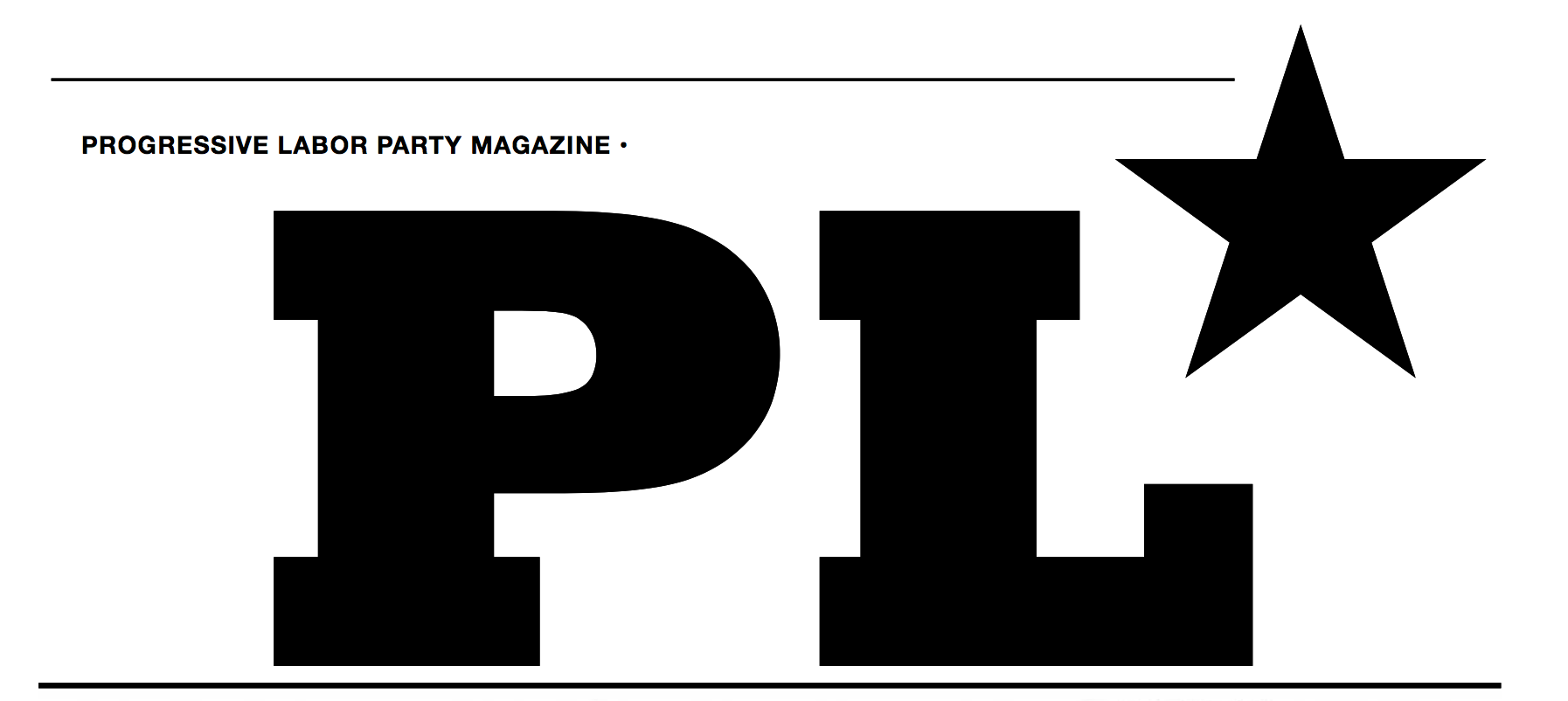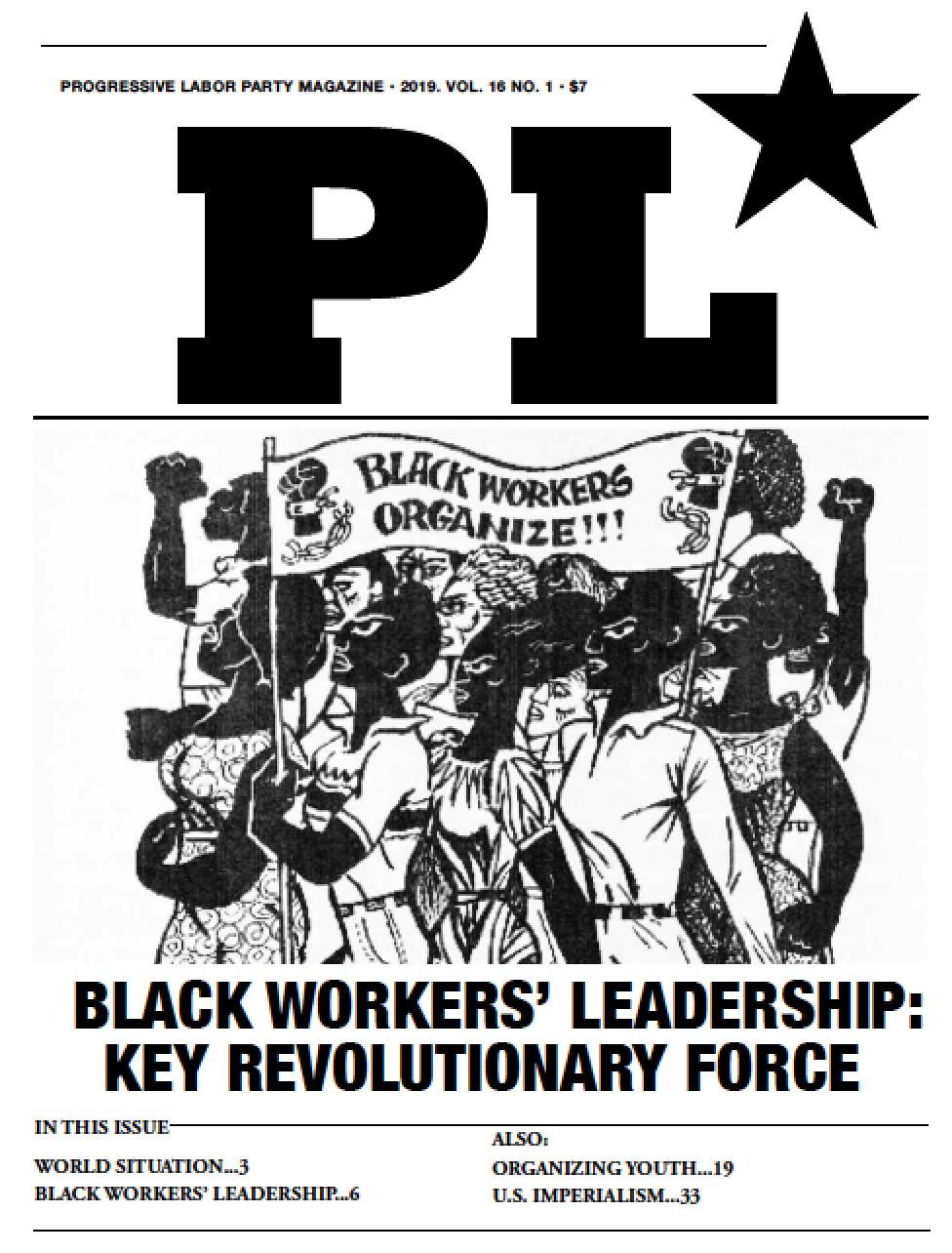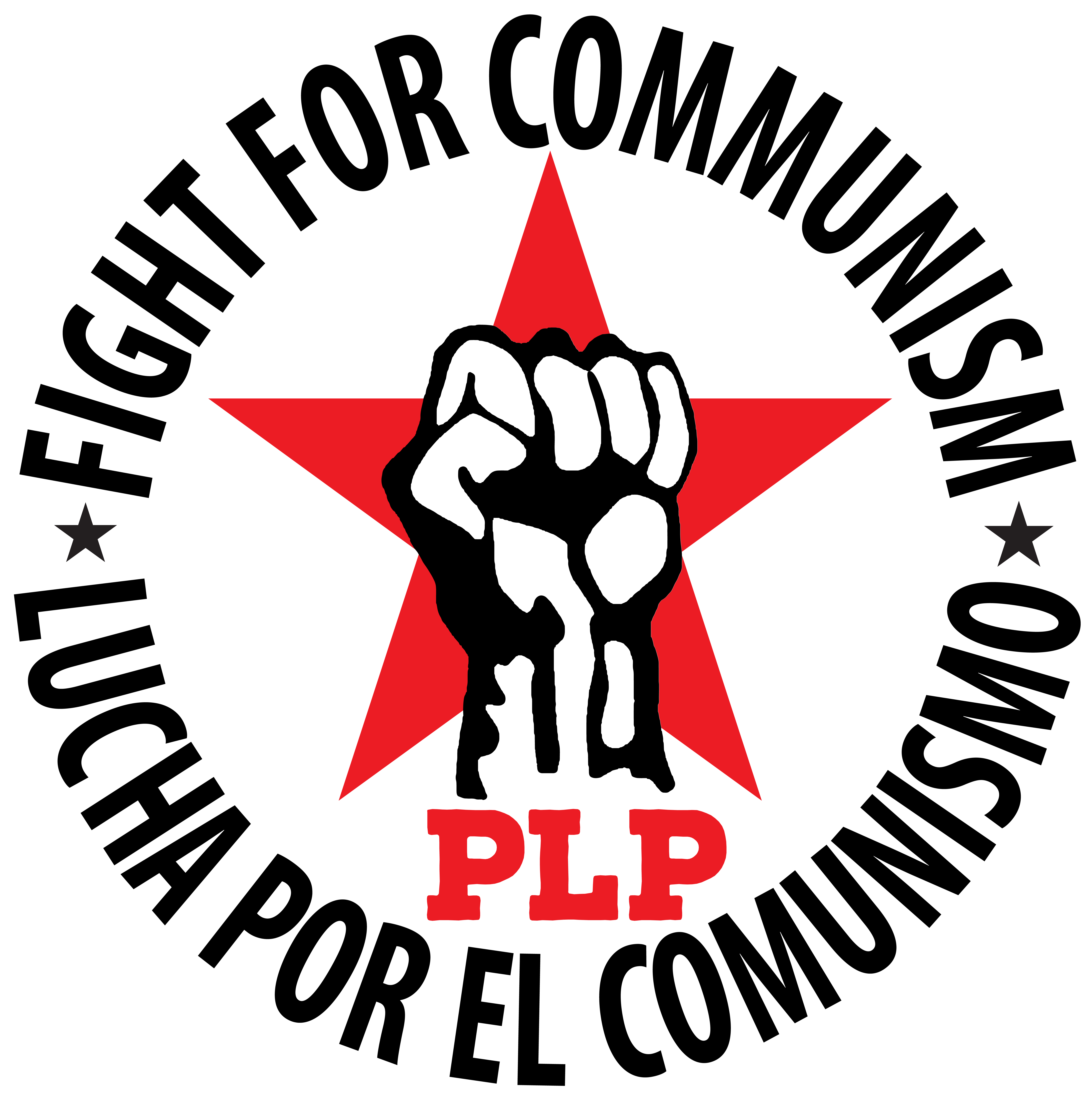Book Review: Workers have fought back, will fight back
 Saturday, November 20, 2021 at 10:06AM
Saturday, November 20, 2021 at 10:06AM We have seen this historically and we continue to see this at racist borders today: concentration camps and genocide are an integral part of the political economy of the capitalist system, and every capitalist imperialist power. From the extermination campaigns against indigenous workers who lived in what is now North America to the U.S. encampment of thousands of Japanese-Americans during World War II, these bloody stains on the U.S. are buried, obscured, and even warped into tortured apologies by the bosses’ media. Today, as the U.S. bosses imprison thousands upon thousands of refugees from Haiti and Latin America in camps, it’s not enough that we learn and gain awareness of these atrocities against the working class. We must fight back.
It’s up to workers to arm ourselves with the rich and militant history of workers’ fightback. Over a half century ago, author Yuri Suhl did just that, and wrote a history of fightback and rebellion within one of the darkest periods of working class history. For communists, Suhl’s They Fought Back serves as a manual containing lessons for how workers, staring down the face of brutal oppression, can join fists and fight back.
Fascist capitalism can be defeated
In 1967, Yuri Suhl compiled accounts of resistance to Nazism during World War II. His purpose was to dispel the myth that Jewish workers in Europe were passive and never fought back against the Nazi fascists. Most of the accounts are of lesser-known events and resistance leaders. These are honest, and although written from a nationalist perspective, Suhl and the authors highlight communist and rank-and-file leadership.
The account by Alexander Pechersky, a Red Army commander who led a revolt at the Sobibor death camp, is worth retelling. It shows how even in the most desperate situation, with confidence in the working class and a strong political base, the fascists can be taken, even from within their strongholds.
The Sobibor camp in eastern Poland was the final destination for Jewish deportees from Poland, Czechoslovakia, Holland, France, Austria, and later the Soviet Union. The Nazis murdered them at the rate of 15,000 a day. Those who remained labored from five in the morning to eight pm, barely surviving on bread and moldy barley. Typhus was rampant, and the Nazi guards immediately executed those who contracted it. The guards systematically beat the workers with whips and forced them to count their own lashes. For the rest, the children, the old and most women, there was no work, only death.
Red Army Lieutenant Pechersky arrived at Sobibor in September, 1943, from Minsk, the first transport from the Soviet Union. He and 80 other men were spared from the ovens; the others were never seen again. Initially he suffered severe depression and nightmares, but quickly moved past that to begin escape plans and base building.
The Nazis conducted massive executions in retaliation for attempted escapes. Pechersky reasoned that everyone must escape and relied on the workers there to make that escape possible. He allied himself with two young workers, one of whose father was a communist, who helped him to organize political discussions in the barracks, which he describes:
For those who did not understand Russian, Shloime translated into Yiddish. They translated for each other into German and Dutch ... The barracks dwellers sat on the lower bunks together with the "Easterners" (that's how we who came from the Soviet Union were called by the camp inmates). They were hungry, exhausted from hard labor, their bodies bruised from the whippings; they were doomed to death. However, it sufficed to have a brief rest, a few peaceful moments, and one's spirit rose again. Especially here, in the company of women, backs straightened out, eyes sparkled, laughter was heard, and wherever you turned, a lively discussion was in progress. And what were they discussing here? They talked about the war and its prospects; about countries and cities; about science and technology; about the theater; music, and literature; about the contradictions in human nature and about the future of humanity; here they sang, cried, and kissed; here the feelings of love and jealousy came into play; all the emotions that set the human heart aglow and quickened its pulse beat found expression here. (pp. 20, 22)
Most striking was Pechersky’s lack of cynicism. He had every "objective" reason for feeling despair, and yet he did not. Despite everything, many imprisoned workers continued to believe Hitler's lie that their lives would be saved, and this gave rise to defeatist ideas borne of fear. While capitalism exists there will always be some workers who feel this way, a lesson for us to always keep in mind.
Pechersky’s List
In the 1990s, a blockbuster Hollywood film, Schindler’s List, glorified a Nazi officer and capitalist who felt sympathy for his Jewish prisoners being sent to slaughter. Working within the Nazi system through bribes, he made a list of those to save by working in factories he ran, with the helpless Jewish prisoners having little agency in their future. In stark contrast to this passivity, at Sobibor, “Pechersky’s list” included thirteen leading Nazi officers assassinated in advance with axes and knives secretly made by the Red Army and Jewish prisoners. They also determined that any imprisoned workers who betrayed them would be killed. Before and during this revolt, carefully planned tunnels were dug, guns were taken from the dead Nazis, and telephone lines cut.
During the revolt in October 1943, all 600 inmates made a break for freedom. About 400 succeeded in breaking out of the camp, but about half of these were killed by landmines. Pursued by aircraft, the SS (Nazi soldiers), police, and thousands of troops, some were killed. Polish fascists killed yet more – these were the anticommunist Armija Krajowa, the “national army” of the anticommunist and anti-Semitic Polish “government in exile” in London, who are “heroes” in today’s capitalist Poland. Still, some managed to elude their pursuers, and Pechersky's group of 60 men and women succeeded in making contact with Soviet “partisans,” or communist guerillas.
Before the revolt, in one of Alexander Pechersky's barracks discussions, he was peppered with questions about liberation and the state of the war. One person asked, “If there are so many partisans, why don't they attack our camp?" Pechersky replied, "The partisans have their tasks. No one can do our work for us." The workers were excited by that idea and embraced it. Their collective self-reliance was the other prong of the winning strategy. They realized — as the working class must again today — it is up to us to make change.
Auschwitz rebels betrayed by U.S., British capitalists
In contrast to Sobibor, there was also an escape from Auschwitz. The escapees made their way to the Vatican, contacting the British foreign minister and President Roosevelt to try to convince them to bomb the crematoriums and railroad transport lines. All refused. U.S. Asst. Secretary for War John J. McCoy told the World Jewish Congress:
... After a study it became apparent that such an operation could be executed only by the diversion of considerable air support essential to the success of our forces now engaged in decisive operations elsewhere and would in any case be of such doubtful efficacy that it would not warrant the use of our resources [Encyclopedia Britannica, https://www.britannica.com/topic/Why-wasnt-Auschwitz-bombed-717594].
Those death camps functioned with direct Allied knowledge and complicity. Those agents of capital were not interested in saving the lives of the Jewish workers, communists, trade unionists, and others who were in the camps. The Auschwitz rebels’ strategy of relying on the bosses for help, waiting and negotiating, cost more lives.
Lessons from Sobibor
When workers rely on themselves, they can win their objectives, but when they rely on the agents of the bourgeoisie, labor union fakers and rotten politicians of every party, they are doomed. This is a key lesson for the international working class in this period of the development of fascism as a worldwide system.
As fascism further develops in the U.S. as they face off against imperialist rivals China and Russia, the camps housing refugees today may serve as prisons for all workers and others who rebel, and we must learn from our class’ experiences at Sobibor.
Nazism was defeated by mustering every ounce of working-class heroism during those six years of world war. But although Nazism was defeated, capitalism was not. The imperialists that united with the Soviet Union only until they could defeat their rival imperialists, the German Nazis and Italian fascists, went on to install fascist regimes to murder and terrorize workers across Latin America, the Caribbean, Africa and Asia. They still do. More workers have been murdered by the fascist regimes installed and bankrolled by these imperialists than were murdered by the German Nazis, Italian fascists, and their allies during World War II. Many of the refugees braving the horrific journey to the U.S. and EU borders today are fleeing these fascist regimes, and it is the duty of today’s communists in the Progressive Labor Party to learn from the past —the victories and mistakes—and finish the job.
World-wide, there are millions of workers who have no intention of being herded into death camps. But the bastard bosses and their two-bit chumps will never be defeated unless we organize now, with the spirit of those fighters at Sobibor, to smash all camps and this entire capitalist system for communist revolution.





 Progressive Labor Party (PLP) fights to destroy capitalism and the dictatorship of the capitalist class. We organize workers, soldiers and youth into a revolutionary movement for communism.
Progressive Labor Party (PLP) fights to destroy capitalism and the dictatorship of the capitalist class. We organize workers, soldiers and youth into a revolutionary movement for communism.




Reader Comments